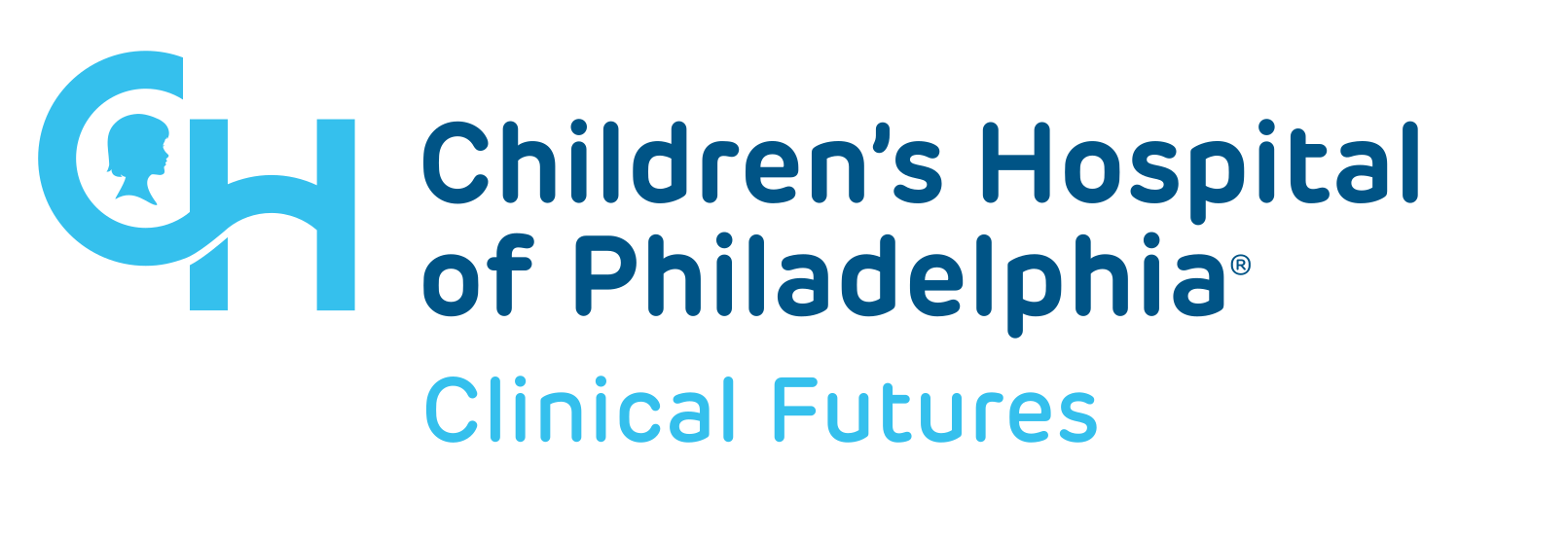The research conducted by Dr. Downes combines methodologies of pharmacoepidemiology and clinical pharmacology with the goals of maximizing antibiotic treatment efficacy, decreasing adverse events, and reducing antibiotic resistance. First, he seeks to better understand the epidemiology of antimicrobial-associated acute kidney injury (AKI) in children. AKI is associated with increased in-hospital mortality and development of chronic kidney disease in children, but there are few effective strategies to prevent or mitigate nephrotoxic AKI. Identification of factors associated with AKI during antimicrobial treatment can provide a means for risk stratification, promote more vigilant monitoring, and facilitate selection of alternative antimicrobials or avoidance of modifiable risk factors, when possible.
His second area of research surrounds the use of novel AKI biomarkers to improve antibiotic administration in critically ill children. Dr. Downes believes that novel AKI biomarkers can facilitate individualized antibiotic dosing. Since AKI biomarkers detect kidney injury prior to commonly used biomarkers (creatinine) and more accurately reflect kidney function, his hypothesis is that these biomarkers can be used to tailor the dosing of renally eliminated medications, such as vancomycin, and promote safer and more effective use.
Lastly, Dr. Downes is interested in antimicrobial pharmacokinetics/pharmacodynamics (PK/PD), primarily in critically ill children. Earlier achievement of therapeutic targets of antibiotics improves outcomes in children with sepsis. Due to the physiologic changes associated with sepsis and sepsis recovery, there is large variability in antibiotic exposures achieved among children in the intensive care unit. This variability can contribute to suboptimal drug concentrations or increased risk of toxicity. He is conducting studies to describe the population PK of various antibiotics in children and develop methods for personalized, Bayesian dosing of antibiotics in critically ill patients.




